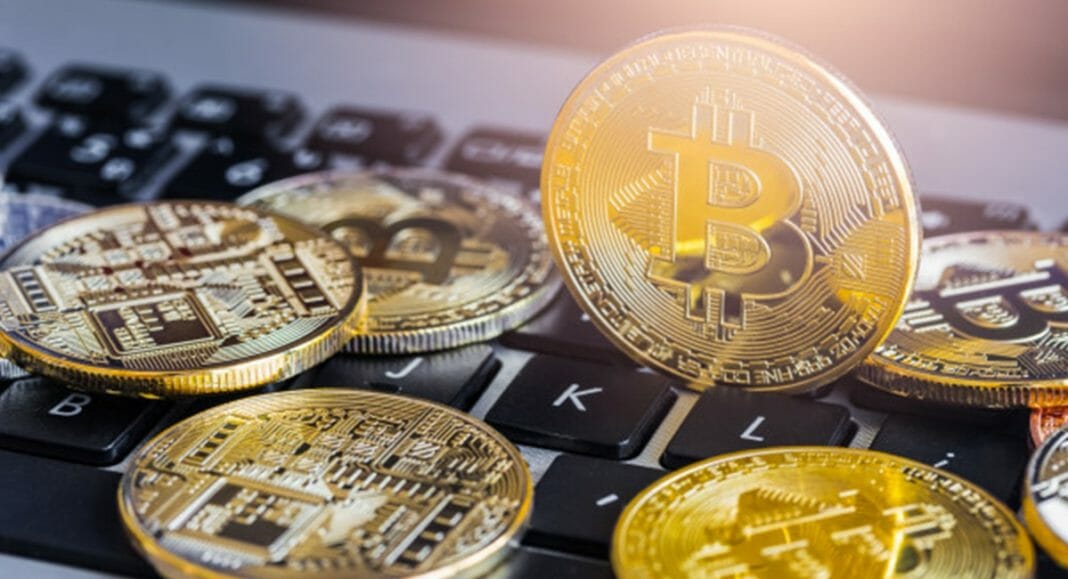Antonopoulos is confident about the usefulness of Bitcoin even though the massification has not yet reached the country. The author sees the cryptocurrency as a lifeboat but believes that for now, it cannot rescue all its inhabitants.
Andreas Antonopoulos, who has more than 500,000 followers on Twitter and is the author of best-sellers such as The Internet of Money and Mastering Bitcoin, has a long history in the ecosystem that dates back to the origins of the original cryptocurrency.
The first impression that Antonopoulos makes is that of a born educator, who finds it easy to talk to people. With more than 370 videos on his YouTube channel, a podcast, and countless talks under his belt, he states that he has learned to teach by repetition through trial and error.
One of the most common topics of his introductory talks on digital money is related to his experience with hyperinflation during his childhood and how it relates to the economic instability that Latin America is undergoing.
Antonopoulos explains that nobody notices money while it works but it is hard to ignore it when it stops working. The author confesses that he always had a technical fascination with Bitcoin and, the more he understood its political impact, the more he connected with his childhood. He notes that he was confronted by true cryptocurrency regulation when he first arrived in Argentina in 2013 to talk about Bitcoin technology.
The educator introduces the option of having a freely circulating currency that can be used, even when the government is corrupt or determined to keep its citizens captive and close its borders. However, although he asserts that it is a bridge, he acknowledges that it is not an immediate solution to the problems currently facing many citizens of South America, especially Venezuelans.
The expert warns that not enough people can access that escape, so Bitcoin is not ready to help Venezuela and vice versa. It is the same as when the Internet could not help any revolution or democracy in its early days, but it does give people more and more opportunities to see that the world is different. He believes that human behavior changes by knowing that there is another option, since it is a very liberating sensation.
For Antonopoulos, Bitcoin is not ready to serve countries such as Venezuela or North Korea, where the technological infrastructure is deteriorated. Nor does he believe the US dollar can do it since the currency faces challenges such as theft, counterfeiting, and government control. He says that all that can be seen now of Bitcoin is the promise although it sometimes takes too much imagination to believe it.
Antonopoulos cites the case of a Venezuelan friend who uses cryptocurrency to send remittances to his family, so he highlights its ability to be subdivided into minimal parts. In that hyperinflationary economy, Bitcoin allows him to buy only the bolivars that they need to live during the week whilst keeping the rest of the value safeguarded.
He thus stresses the importance of this characteristic that initially seemed unimportant, but which is useful in this situation. Antonopoulos thinks that, with the right conditions, if there were another situation like Venezuela’s elsewhere in twenty years, perhaps one-third of the population that remains in the country could be saved financially.
Antonopoulos believes that the power of individuals, through technology, cannot be stopped. He highlights that the privacy granted by Bitcoin is one of the fundamental human rights.
By Willmen Blanco











